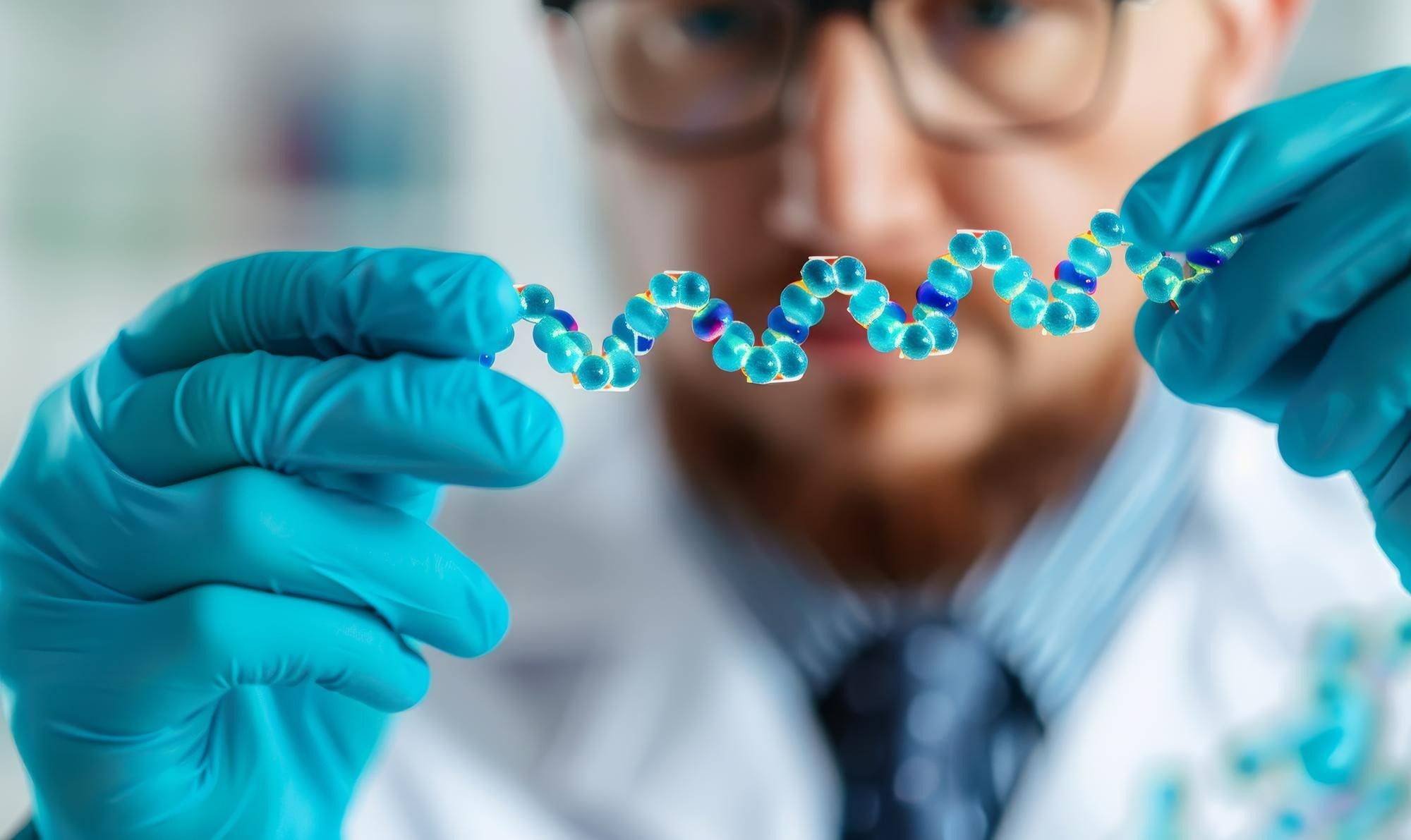Dr. Renzhi Han, a professor of pediatrics at Indiana University, is working on a new gene therapy for the treatment of Duchenne (DMD) and is seeking funding for the continuation of the study.
According to an announcement made by Indiana University in July 2024, this new gene therapy has been tested on mice and very successful results have been obtained. As DMD Warrior, we reached out to Dr. Renzhi Han and asked about the current status of this study.
We are now seeking funding
Among his intensive work, he answered us ‘Our new gene therapy approach has shown promise in preclinical animal models. We are now seeking funding to do more preclinical efficacy and safety testing before we initiate clinical trials in about two years.’
“Current gene therapy for Duchenne muscular dystrophy utilizes a truncated version of dystrophin,” said Renzhi Han, PhD, senior author of the study and professor of pediatrics at the IU School of Medicine. “Unfortunately, this option doesn’t fully protect the muscles because it lacks many important functional domains of full-length dystrophin.”
While the U.S. Food and Drug Administration recently approved a micro-dystrophin gene therapy for Duchenne muscular dystrophy, Han said the therapeutic outcomes have been less satisfactory than expected.
Building on their experience using adeno-associated virus methods to deliver extra-large therapeutic genes into cells, Han and his team at the Herman B Wells Center for Pediatric Research developed a triple-adeno-associated virus vector system to deliver a complete version of the dystrophin protein into the muscles.
Complete Version of The Dystrophin Protein
“We optimized and tested our new three-vector system to make sure it produced and assembled the full-length dystrophin protein effectively,” Han said. “Our data confirmed we successfully restored full-length dystrophin in both the skeletal and heart muscles of mice with DMD, leading to significant improvements in their muscle health, strength and function.”
Han has filed a provisional patent application for his triple-adeno-associated virus vector system and is collaborating with the IU Innovation and Commercialization Office to advance the treatment toward market availability. He is also seeking additional funding so patients with Duchenne muscular dystrophy have access to promising new treatment options.
“I believe this new gene therapy approach offers significant advantages to patients compared to what they currently have available, and I’m eager to get it into further clinical development,” he said.
Other IU School of Medicine study authors include Yuan Zhou, Chen Zhang, Weidong Xiao and Roland W. Herzog.


